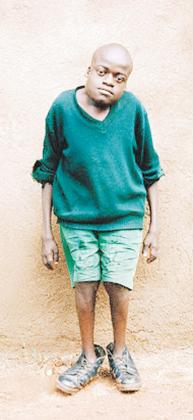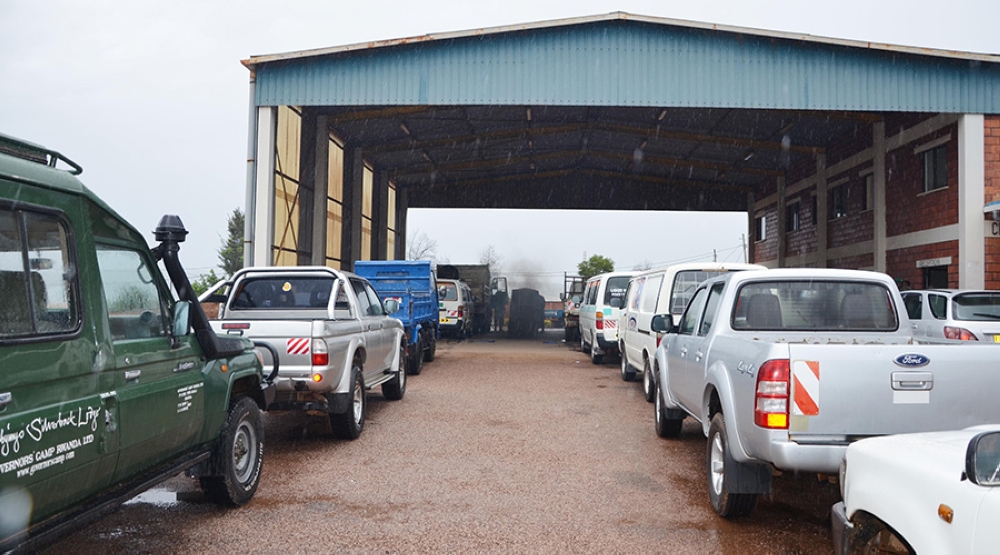When couples decide to have children, they all have wonderful dreams of how perfect their children will be. No couple wishes for their child to come out with any deformity whatsoever. However, studies show that up to three per cent of the world’s population has some sort of physical or mental retardation.


When couples decide to have children, they all have wonderful dreams of how perfect their children will be. No couple wishes for their child to come out with any deformity whatsoever. However, studies show that up to three per cent of the world’s population has some sort of physical or mental retardation.
These deformities are linked to a number of causes ranging from birth injuries, early brain infections, genetic problems and dietary deficiencies right down to chemical, alcohol and drug exposure.Whatever the cause or whether it is a minor defect or a major one, for a parent to learn that their child is not entirely normal is profoundly depressing. The reactions are of various magnitudes."When my late husband and I got to know that our precious little boy Jonah had PKU (phenylketonuria) it felt like we had fallen off a really high cliff,” says Claire Mirundi, an elderly widow living in Kayonza. "The doctors told me that he would be mentally unstable and I hoped they were wrong.”Isaiah Nsanbimana and Betty Nyangoma, a couple living and working together in Nyabugogo, did not seek medical opinion immediately. "My wife is from Ntungamo in Uganda and had a man there before I came and whisked her away. When my son was born and we realised he did not look normal, I knew it was her former man friend sending evil spirits to doom our happiness,” recalls Isaiah dismally, "and I rejected and hated my wife and son for a while until neighbors told me to visit a hospital and have him checked, he had Down Syndrome.”However, not all child disabilities come at an early stage. For Apollo Omara and Sarah Kilama, their thirteen year old daughter went blind and partially paralyzed on the left side of her body after a surgery on her brain in one of the renowned hospitals in Kampala went horribly wrong. "Three years down the road and I am still shattered to bits, this almost lifeless person is not my girl.”The initial reactions are usually shock, anger sadness and resentment. Some parents go ahead and believe it is a sort of punishment for something they did. However, what happens after such revelation has been made? The fundamental issue is what trail parents should follow to deal with their children’s state.Parents of disabled children all need great tolerance, patience and endurance. They often feel like they are not doing all that they should be and feel the urge to do more. As they deal with one predicament after the other, many parents experience times of despair and weariness often takes its toll. Tears fall, and self pity may sometimes surface.According to United States National Dissemination Center for Children with Disabilities, "the first thing to do is to collect information about your child’s disability, about the services that are available, and about the specific things you can do to help your child develop to the fullest extent possible”. Applying this information, together with loving your child and working hand in hand with those around you will undoubtedly help parents cope and handle the situation appropriately.




